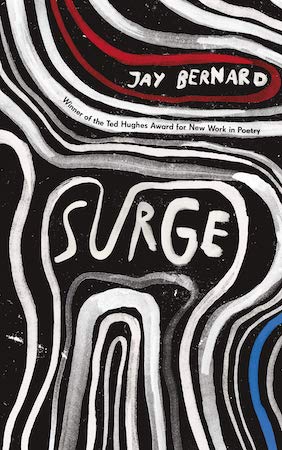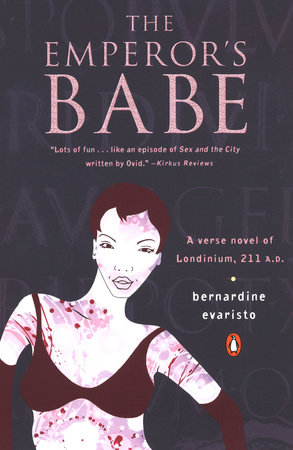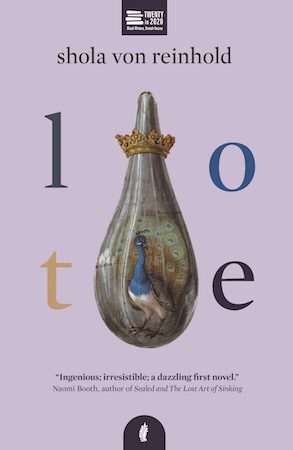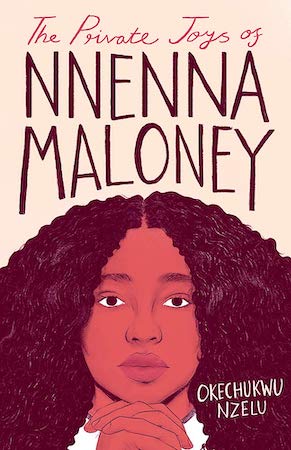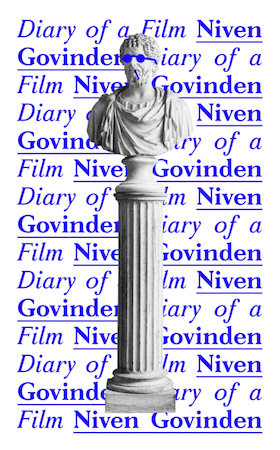If you enjoy reading Electric Literature, join our mailing list! We’ll send you the best of EL each week, and you’ll be the first to know about upcoming submissions periods and virtual events.
Many people of African and Asian heritage living in Britain today are descendants of immigrants from Britain’s former colonies, who arrived after the 1948 Immigration Act allowed them in to help rebuild the “Mother Country” after the Second World War. The 1967 Sexual Offences Act partially decriminalized homosexuality in the UK, where queer men, in particular, were persecuted under amendments that had existed for almost a century. The history of multiracial Britain in the latter half of the 20th century, therefore, has coincided with a trend towards equal rights for LGBTQIA+ people, culminating in the passing of a law allowing them to marry.
Literary fiction has observed all these changes. In 2004—a year after Tony Blair’s Labour government repealed Clause 28, which had been introduced in 1988 to prohibit the discussion of homosexuality in schools—Alan Hollinghurst won the Man Booker Prize for The Line of Beauty, a depiction of multiracial queer life in Margaret Thatcher’s London as the AIDS crisis erupted (Hollinghurst’s gay-as-hell debut, The Swimming Pool Library, came out in ’88 and was a bestselling middle-finger-up to Clause 28). Writers like Jeanette Winterson, Philip Hensher, Sarah Waters and Patrick Gale have all explored queer life and love against the backdrop of societal change, happy not to have to live and write their truth in secret as E. M. Forster had to. But, as everywhere, queer, trans, and intersex writers of color have been underrepresented in the British narrative, and our literary timeline tells a story of its own.
I was recently introduced to the Jamaican author Andrew Salkey’s 1960 novel Escape to an Autumn Pavement, which must be one of the first examples of Black British queer fiction. Published when gay sex was still illegal, it takes an unflinching look at queer Black life while being reticent about actual bodily contact. Reading it, I saw many similarities between the mindset of its narrator, Johnnie, and that of Jesse, the protagonist of my novel, Rainbow Milk. Both are migrants, both feel disconnected from “home”—however that is defined—both are queer and questioning in a world that wants them to be straight and Christian, both are Black flaneurs pounding the streets of London, looking for a purpose and for something to do with their eloquence. Writing in 2018-19, however, I could write much more clearly about sex than Salkey could. The problem for queer people over the years has often been a lack of honest stories to peg theirs to, to show that they’re not alone and that others came before who faced the same issues and found some answers. Hopefully, the next generation will have these books at hand.
Surge by Jay Bernard
Surge is a poetry cycle that reimagines the night of January 18, 1981, when a group of young Black people from South London gathered for a house party, in which 13 died in a fire, and another a year later from suicide. It has never been established whether the fire was caused by an accident or arson, and given the extreme racial tensions in the UK at the time, the question has hung in the air for 40 years. Two months after what came to be known as the New Cross Massacre, the Black People’s Day of Action took place as a protest against institutional racism and the lack of care for our health, safety and justice, foreshadowing the events of 2020.
The Emperor’s Babe by Bernardine Evaristo
Fans of Evaristo’s Booker Prize-winning Girl, Woman, Other should check out her earlier work. The Emperor’s Babe, her second novel, began to take shape upon the discovery, in East Anglia, of the 10,000-year-old remains of an African girl of about ten. Roman Britannia was once ruled by Septimius Severus, who was half-Libyan. The Emperor’s Babe is a hilarious verse-novel in which Zuleika, a young Sudanese immigrant, is married off to a portly, perpetually absent Roman, but begins an affair with the emperor himself. Written in hendecasyllabic couplets combining Latinate diction with South London slang, Babe reimagines Londinium as the playground of slave girls and drag queens, while challenging the myth of Britain’s Black presence as being a recent thing.
Housegirl by Michael Donkor
Housegirl follows two teenage girls—one, a sensible, pious type from Ghana who has been working as a housemaid; the other a queer, independent spirit, born and raised in South London. What could they possibly have in common? Will they get on? What can they learn from one another? Is it better to bury the truth or live by it? A wildly funny, moving, and immersive take on queer femininity and heritage, and a nostalgic trip back to early-2000s Brixton.
LOTE by Shola Von Reinhold
While working at a London gallery, Mathilda—a working-class, queer Nigerian woman—comes across a portrait of the near-forgotten (fictional) Black Scottish Modernist poet Hermia Druitt, and is transfixed. She needs to know everything about this magical figure, and follows her footsteps to the obscure artists’ colony, somewhere in mainland Europe, that Druitt once stayed at. What follows is a clash of cultures: minimalism v maximalism; pragmatism vs decadence; Eurocentrism vs Black history, in one of the most luxuriously written and sharply witty novels I’ve read in years.
The Private Joys of Nnenna Maloney by Okechukwu Nzelu
Nnenna Maloney is a 15-year-old biracial girl whose white English mother, Joanie, will not reveal who her father is. Regardless, she keeps her head down and does well at school; too well, when it emerges Nnenna might have done enough to earn a scholarship to the Sorbonne. Interspersed in the story is Joanie, 15 years earlier, as a young woman trying to find herself as a student at the University of Cambridge. We all wonder what our parents’ lives must’ve been like before we were born, and this is a perfect summer read full of the embarrassments of teenage longing.
That Reminds Me by Derek Owusu
That Reminds Me feels more like a collection of shattered fragments than a conventional novel, but that is its beauty and correct form. In tightly written prose poems, Owusu tells the story of K, a Ghanaian boy who was sent to live in rural England with a white English family as a baby. His birth mother came to claim him when he was eleven and already used to a way of life and identity that is immediately blown apart in the city. K has to build another version of himself from the ground up, one that is an acceptable form of Black masculinity for his new environment. But who really is K, and will that question consume him?
An Ordinary Wonder by Buki Papillon
Another great entry into the twins/döppelganger genre to add to those by Toni Morrison, Helen Oyeyemi, Brit Bennett and others. Oto and Wuraola are born to wealthy parents in an affluent part of the Nigerian city of Ibadan. Wuraola is a beautiful girl; and so is Oto, but she was born intersex and is being forced to live as a boy. Hers is a battle against tradition, ancestry and gods, but Oto never loses her wicked sense of humour, and soon she will be old enough to make her own decisions.
Escape to an Autumn Pavement by Andrew Salkey
Escape to an Autumn Pavement, is, I believe, an unfairly forgotten novel that should be a classic. Johnnie Sobert is a well-educated Jamaican man who has moved to England for… well, he’s not quite sure what. He coasts along comfortably enough living in a Hampstead rooming house and working at a West Indian club in Soho. Attracted to both women and men who make him choose between their binary prisons, and a magnet for well-meaning racists, Johnnie is a flaneur looking for a vessel for his eloquence, desiring of a history and the space to be himself. Sardonically witty and remarkably fresh, fans of James Baldwin’s later novels will love this.
Diary of A Film by Niven Govinden
Our narrator, a successful auteur known only as “maestro”, is in Italy promoting his latest film, hailed as a masterpiece, at a prestigious international film festival. While looking for the perfect espresso, he gets chatting to a woman who seems to reveal a lot of her own story very quickly, and takes him deep into the inner-city belt to show him a mural painted decades before by her late lover, who committed suicide. Upon deciding that she must be the subject of his next film, their perfect relationship begins to splinter. Diary of a Film is an exquisitely written homage to classic queer cinema and European travel, and a serious dialogue about who gets to tell whose stories.


